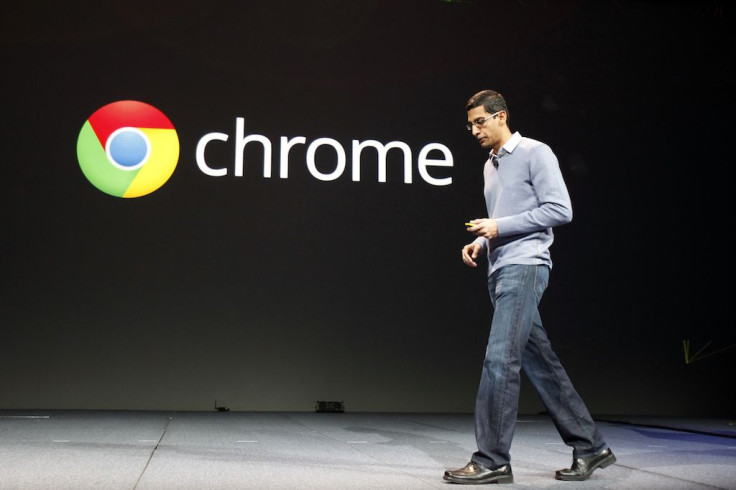Windows 10 Update Reduces Chrome's RAM Eating Habits

KEY POINTS
- Google's Chrome browser is notorious for eating up a lot of RAM
- The latest Windows 10 update has a feature that could reduce its RAM consumption
- Google is still working on using the feature for Chrome
By now, Windows PC users will know that Google Chrome might be a good go-to internet browser, but it eats up a lot of RAM. Thankfully, Microsoft knows this too and is working on reducing the browser's memory usage.
Google Chrome is so famous for eating up memory on any Windows computer system that several memes have been created about it. Thankfully, the latest Windows 10 update includes improvements that could significantly reduce Chrome's memory usage, giving the system more room to do other things than just load websites, content, and those annoying ads.
As Windows Latest points out, Window 10's May 2020 update contains a “useful change” called Microsoft calls “SegmentHeap.” This technical change should reduce web browsers' use of random access memory (RAM). Google's Chrome browser is expected to be one of the prominent “beneficiaries” of the new feature.
SegmentHeap is a modern heap implementation designed to reduce the overall memory usage of Win32 apps. The feature should reduce memory usage when enabled by developers.
Those who want to see the benefits of SegmentHeap can try using Microsoft's Chromium-based Edge browser. The Redmond giant said the browser uses the SegmentHeap value, and is seeing a 27% reduction in overall memory usage.
Google, for its part, expressed its intention to use SegmentHeap on Chrome. Chrome engineers said using the value will help lower memory consumption every time the browser is used.
“Experiments with per-machine opting-in to the segment heap for chrome.exe suggests that this could save hundreds of MB in the browser and Network Service utility processes, among others, on some machines,” the engineers said.
Those who use Chrome shouldn't be too excited, though. As 9to5Google pointed out, implementing SegmentHeap in Chrome will require Google to build with the Windows 10.0.19041.0 (20-04) SDK, which is “currently blocked on some mysterious build failures.” Google will need to find a way to be able to make the SegmentHeap value work on its popular browser.
It's also worth noting that while the Windows 10 May 2020 update is already out, SegmentHeap only works on Windows 10 version 2004 or newer. The version 2004 update reportedly breaks Google Chrome for some users, which means users should wait for the issues to be resolved before attempting to update.
© Copyright IBTimes 2025. All rights reserved.




















